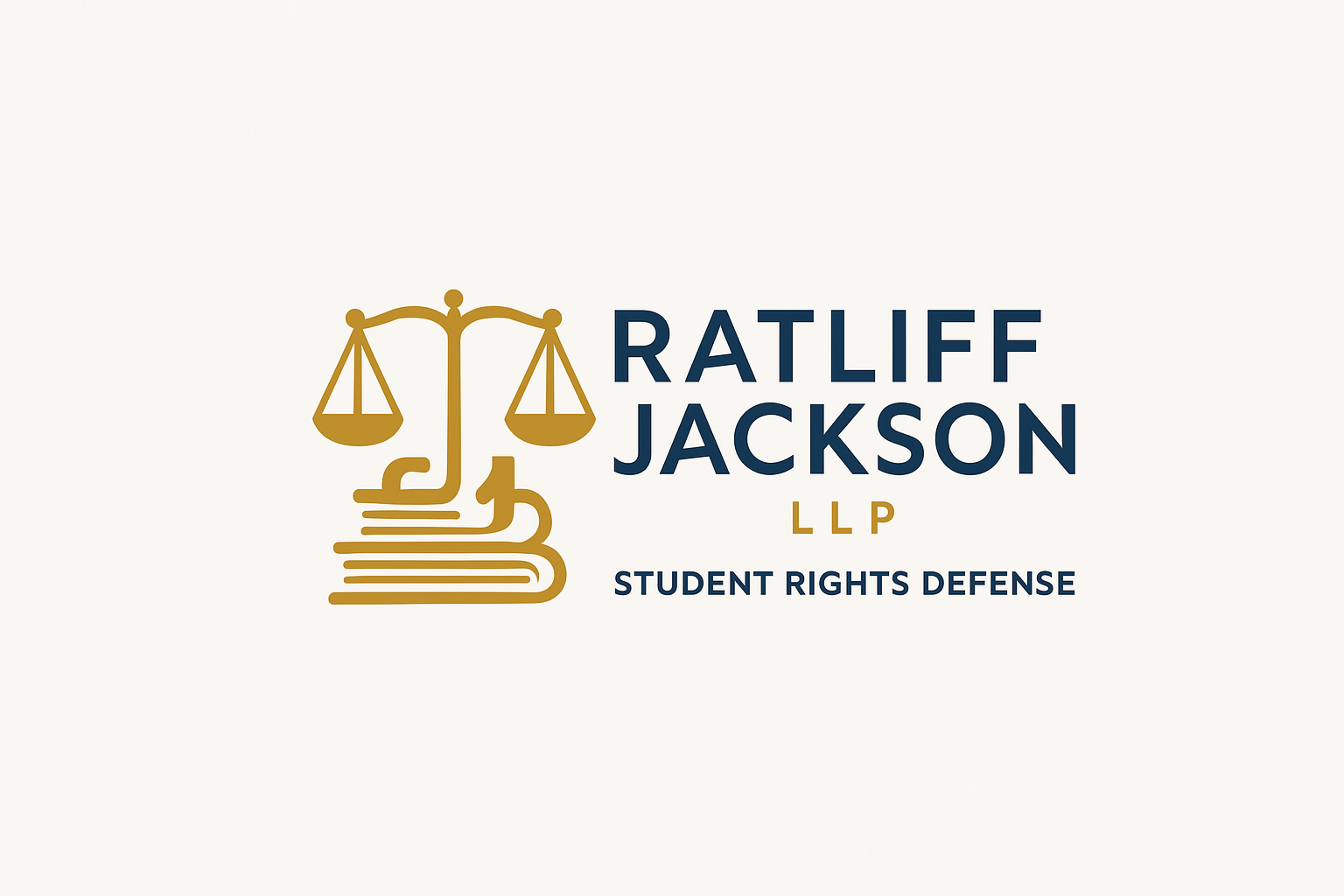Understanding When Schools Can — and Cannot — Limit Student Expression
Free speech is a foundational right protected by the U.S. Constitution — and students do not give up that right when they enter the classroom. Whether you’re in high school or college, knowing your rights as a student can make the difference between being silenced and being heard.
At Student Rights Defenders, we help students who are facing disciplinary actions or censorship for simply speaking their minds. This guide explains your legal protections, what limitations schools can lawfully enforce, and when it’s time to contact a student rights defense attorney.
🔹 Do Students Have Free Speech Rights in School?
Yes — especially if you’re attending a public school or university. The First Amendment protects your right to express political, religious, or personal views, even when they challenge authority or social norms.
🏫 Public vs. Private Schools
- Public institutions (funded and operated by the government) are directly bound by the First Amendment and cannot restrict student speech without a lawful reason.
- Private institutions are not obligated by the First Amendment but may be held accountable for breaking their own free speech policies or violating state civil rights laws.
🔹 When Can Schools Legally Limit Your Speech?
While the law provides broad protection for student expression, there are certain limits schools can impose — but only under specific conditions.
Schools Can Restrict Speech That:
- Causes a substantial disruption to the learning environment
- Involves true threats, harassment, or incitement to violence
- Is part of a school-sponsored activity, like a school paper or assembly
- Violates neutral time, place, and manner rules (e.g., requiring permits for rallies)
📌 Note: Disruption must be more than discomfort or disagreement. There must be clear evidence of interference with school operations.
🔹 Examples of Protected Speech
✅ Wearing clothing with political slogans
✅ Posting opinions on social media (especially off-campus)
✅ Distributing flyers or petitions
✅ Participating in peaceful demonstrations or walkouts
✅ Expressing religious or personal beliefs
✅ Publishing independent student media
If your expression doesn’t fall into a lawful exception, any attempt by the school to silence you may violate your rights.
🔹 What About Off-Campus or Online Speech?
The U.S. Supreme Court has ruled that off-campus speech — like a social media post made from home — is generally protected. In the 2021 Mahanoy Area School District v. B.L. case, the Court sided with a student who was disciplined for an off-campus Snapchat post, reaffirming students’ First Amendment rights beyond school grounds.
💡 Important: Your school may only take action against off-campus speech if it causes a serious, foreseeable disruption to school activities or involves threats.
🔹 Offensive or Controversial Opinions: Are They Protected?
Yes. Schools cannot discipline students just because their views are unpopular or offensive. The First Amendment protects controversial speech — even when it sparks disagreement — unless it crosses into harassment, hate speech, or threats.
🛑 However: Speech that targets or bullies individuals, promotes violence, or causes a hostile environment may not be protected.
🔹 What to Do If Your Free Speech Rights Are Violated
If your school punishes you for expressing yourself, take these steps:
- Document Everything: Save emails, screenshots, and witness accounts.
- Know the Rules: Review your school’s code of conduct or free speech policy.
- Get Legal Help: Contact a student rights defense attorney to assess your case and protect your rights.
📞 Call us at (267) 313-0001
📧 Email: [email protected]
🔹 Final Thoughts
As a student, your voice matters — and it’s protected by law. Whether you’re posting online, speaking at a protest, or simply sharing your opinion in class, you have the right to express yourself without retaliation.
If you believe your school has overstepped its authority, Student Rights Defenders is here to help. Our team can review your case, challenge unlawful policies, and connect you with an experienced student rights defense attorney to ensure your freedom of expression is fully protected.
🗓 Schedule Your Free Consultation Today at https://studentrightsdefense.com/contact/
